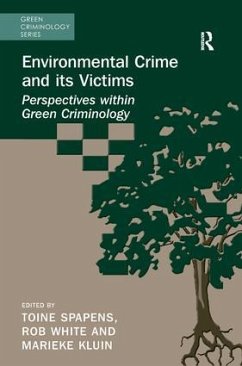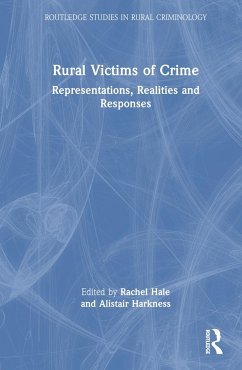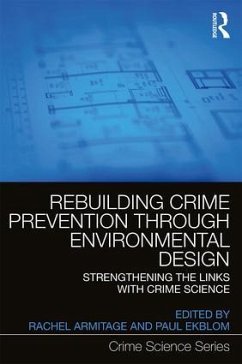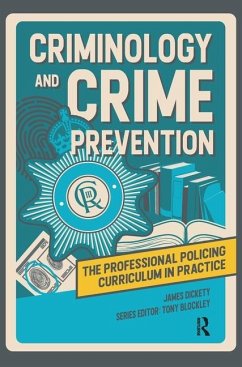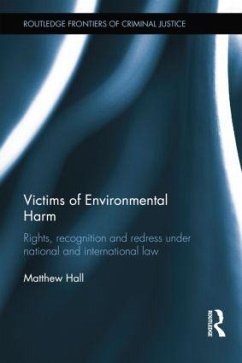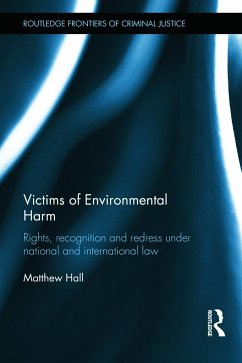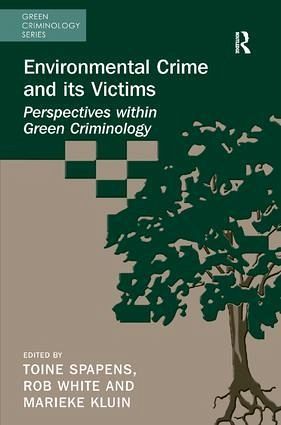
Environmental Crime and its Victims
Perspectives within Green Criminology
Herausgeber: Spapens, Toine; Kluin, Marieke; White, Rob
Versandkostenfrei!
Versandfertig in 1-2 Wochen
167,99 €
inkl. MwSt.
Weitere Ausgaben:

PAYBACK Punkte
84 °P sammeln!
This book provides a diverse and provocative array of arguments, critiques and recommendations from leading researchers and scholars in the field of green criminology. The issues addressed are three-fold: the specific characteristics of some of the major types of environmental crime and its perpetrators; the problem of victimization in cases of environmental crime; and the question of how to tackle this problem. These topics are approached from the point of view of green criminological theory, sociology, law enforcement, community wellbeing, environmental activism and victimology.





